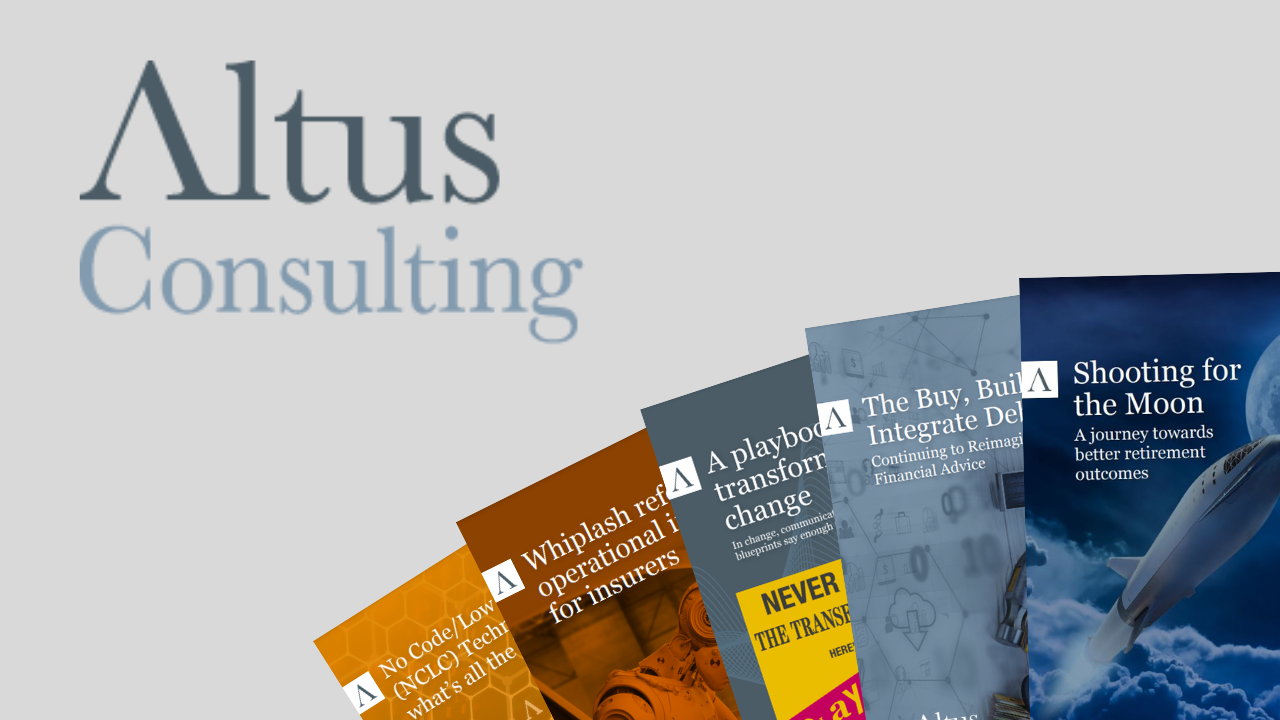Final Guidance for the new Consumer Duty landed this week to a cacophony of reaction from the industry, confirming that this outcome-focused regulation does indeed herald a seismic change for financial services. PS22/9 shows us the destination the Financial Conduct Authority wants us to reach, and it will be a difficult journey for much of the industry. However, not everyone is starting from the same place and the first challenge for firms is to determine their own start point and calculate the best route.
The regulator has extended the deadline through to the 31 July 2023 for products and services that are open for sale. A welcome extension, but an October 2022 deadline has been set for firms’ boards to have ‘agreed their implementation plans and be able to evidence they have scrutinised and challenged the plans’ with an expectation it will be ready to share with regulatory supervisors. This should sharpen focus on getting out of the blocks.
Here are some of my key, less-covered takeaways from the Final Guidance and Policy Statement.
Listening. We talk a lot in financial services. Promoting ourselves, our products, services, our prophecies for the future. We need to listen more to consumers. Think Steve Jobs who worked back from customer experience to build the products that created the world’s first trillion-dollar company. Expect to see a lot more innovation around how firms tune in to feedback and sentiment from consumers.
Top of the class. The Consumer Duty seeks to invert culture and behaviours around commercial success, moving from outcomes as a by-product of revenue, to revenue as a by-product of good outcomes. The Final Guidance suggests that firms should apply the same effort and energy to delivering the four outcomes as they do to revenue and sales activity. Measuring these will be important.
Prove it. Not in a school playground kind of way, but firms could deliver on every Consumer Duty outcome, while failing to show it wasn’t an accident. Solid process and records around monitoring, measuring and responding to feedback will help evidence the connection between culture and outcomes.
Are you going to tell on me? Watching the evolution of the value chain will be fascinating. The statement that ‘firms are responsible only for their own activities and do not need to oversee the actions of other firms’, begs the question of what happens when a firm concludes that another constituent of the value chain is not delivering against the duty, particularly if they feel compelled to notify the FCA. Light the due diligence touch paper.
Consumer Duty is an opportunity. The Consumer Duty is an opportunity to level the playing field between consumer and the industry. It will impose a cost of doing business, but it is only asking us to ‘treat people how we would like to be treated’ and to listen to feedback. Principles and outcomes-regulation present a challenge in interpretation, proportionality (a word we will hear a lot) and subjectivity which we must overcome, but it is full of examples of good and bad practice that can be extrapolated and applied.
The Consumer Duty represents the most important change in financial services, arguably ever. Despite the extension, timeframes remain short and senior managers and boards are very much on the hook for compliance with the duty. Plenty of work will be required for October 2022, and onward to July 2023 but, in the meantime, firms could turn up their corporate hearing aids.




